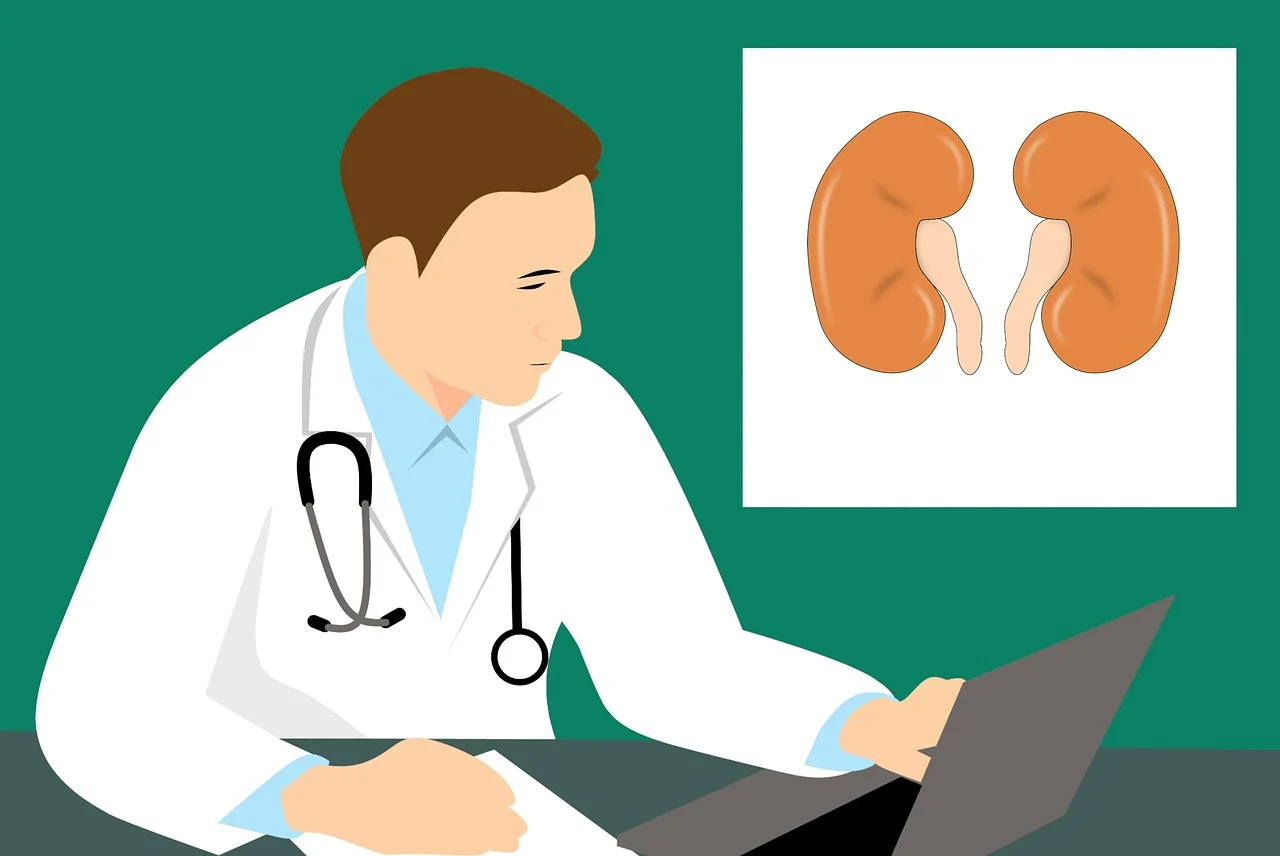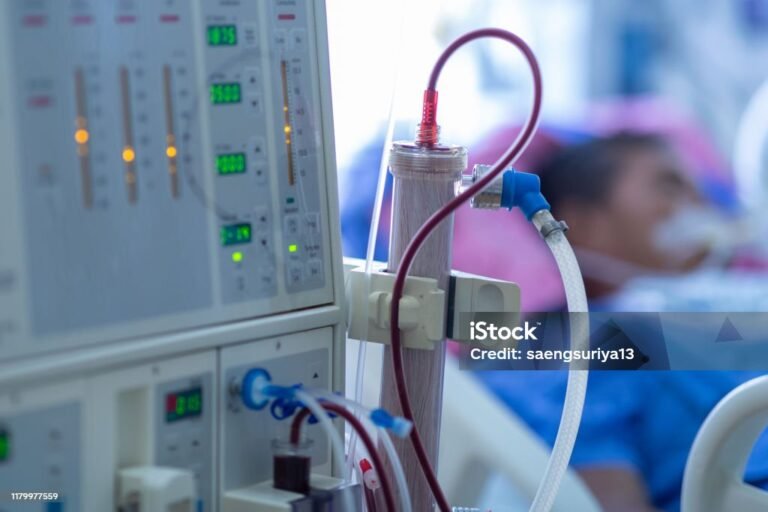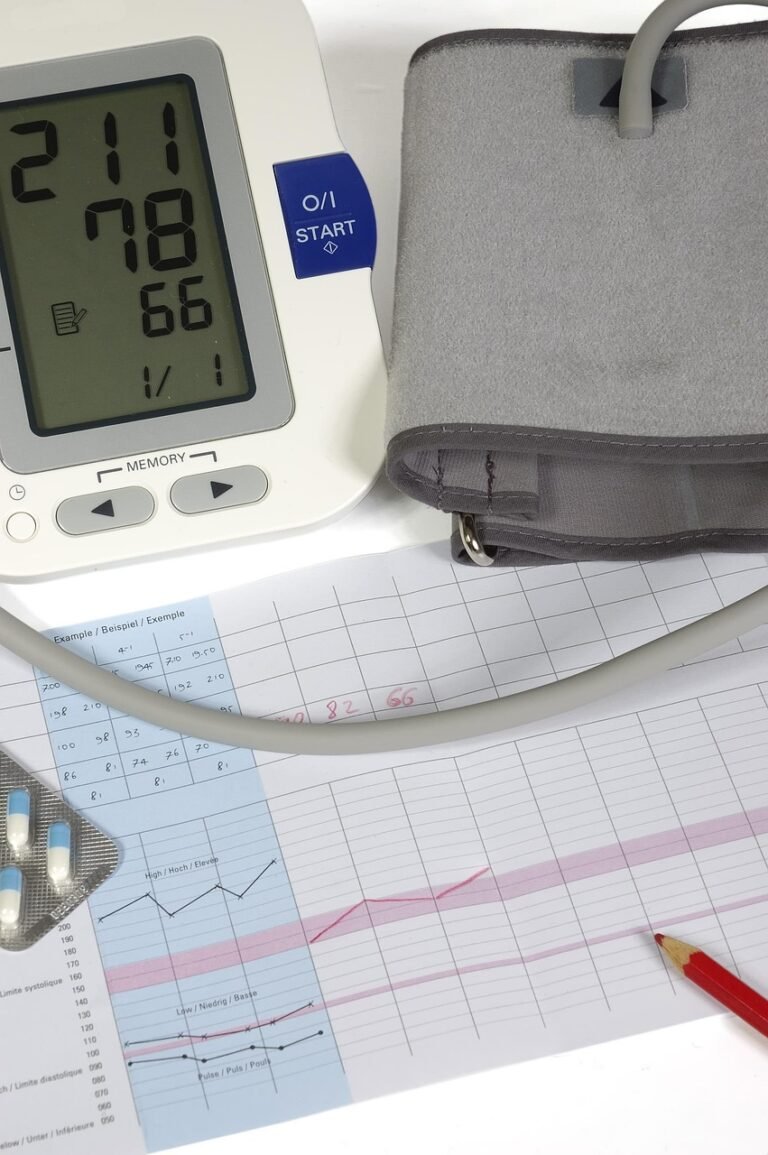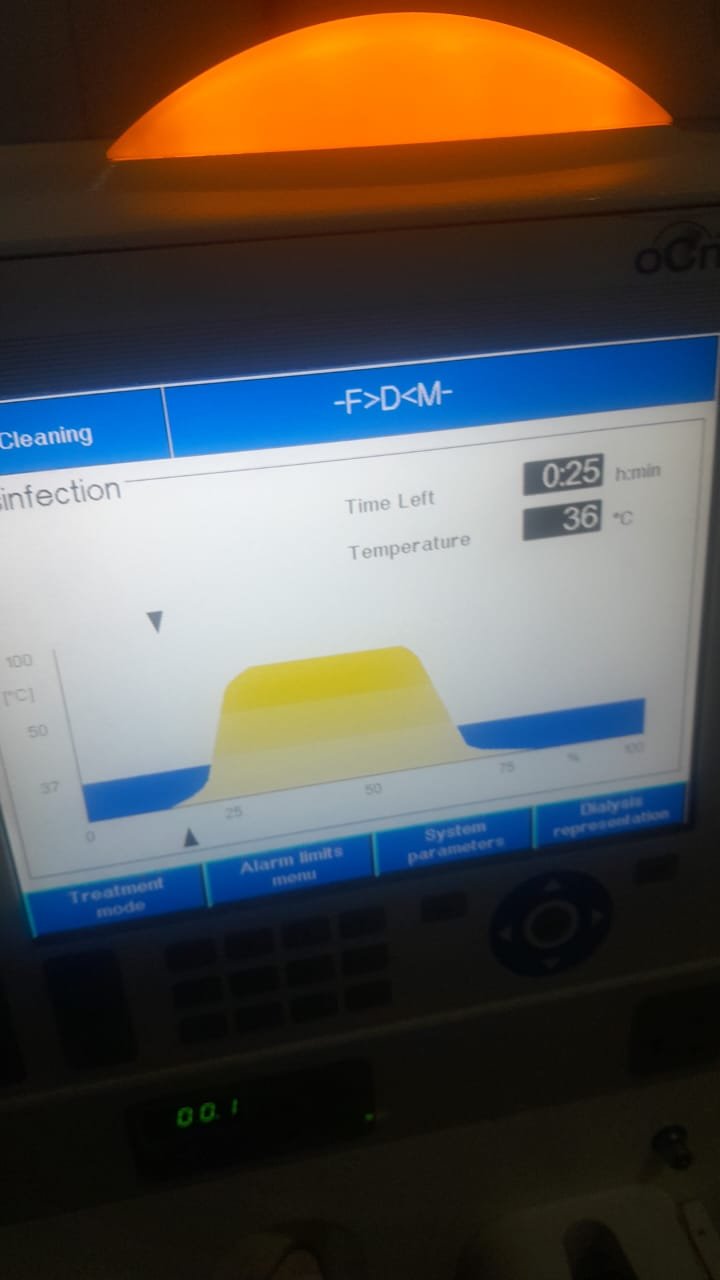Acuity Kidney Failure: Causes, Symptoms, Diagnosis, and Treatment
Acute kidney failure, also called acute renal failure or acute kidney injury (AKI), occurs when the kidneys lose their ability to filter waste from the blood suddenly. This loss of kidney function can happen very quickly — sometimes in just a few hours, or few days — and generally constitutes a medical emergency. Without prompt treatment, acute kidney failure can lead to serious complications, including death.
The Role of the Kidneys
The kidneys are two organs shaped like beans, located on either side of the spine, beneath the rib cage. The kidneys have many functions, which include:
Filtering waste, excess fluid and electrolytes from the blood
Regulating blood pressure
Regulating electrolyte homeostasis
Producing hormones that stimulate red blood cell production or maintain bone integrity
When the kidneys do not function properly, waste accumulates in the body and establishes a chemical imbalance that has the potential to impair other organ systems.
Causes of kidney failure
acute kidney injury occur due to one or more of the following:
1. Decreased blood flow to the kidneys (prerenal causes)Dehydration (acute hypovolemia)Blood loss or Shock heart failure or cardiogenic Shock sepsis (a serious infection
2. Damage to the kidneys (intrinsic causes)Glomerulonephritis – inflammation of the filters in the Kidney acute tubular necrosis (from toxins or ischemia)Certain medications (NSAIDs, antibiotics including aminoglycosides)Contrast dyes used in imaging tests.
3.Obstruction of urine flow (postrenal causes)Kidney Stones enlarged prostateTumors or blood clots in the urinary Tract symptoms of kidney failure (acute kidney injury)
Signs and symptoms
Signs and symptoms of acute kidney injury can vary by cause and severity, but common signs and symptoms may include the following:
Decreased amount of Urine swelling of the legs,
ankles or around the eyes (fluid retention)
Fatigue or confusion
Nausea and Vomiting
shortness of Breath chest pain or Pressure irregular heart Rate in some cases, patients are asymptomatic for acute kidney injury, and AKI only becomes apparent with objective lab tests.
Diagnosis
Combined with an assessment, the diagnosis of acute kidney injury may include:
1. Medical history and physical Examination review of recent illness, medication use and urinary symptoms.
2. Laboratory Examination blood tests: estimated glomerular filtration rate (eGFR) and blood urea nitrogen (BUN) indicating renal Dysfunction electrolytes: potassium, sodium and related abnormalities Urinalysis: protein, blood or sediment
3. Imaging proceduresUltrasound or CT scan to demonstrate various obstructive or related causes for kidney injury.
4. Kidney biopsy (in selected cases)To assess for specific disease processes like glomerulonephritis.
Treatment of kidney failure (acute kidney injury)
The treatment plan for AKI depends on identifying the initial pathology and maintaining kidney function until the patient is able to recover.
1. Identify and treat the cause discontinue nephrotoxic Drugs treat Infection the volume of fluids for hydration (or non stenting diuretics)Relieve obstruction (catheterization or surgically)
2. Supportive therapy
Dialysis: in some patients, temporary dialysis will be necessary to remove excess fluid and waste products, or high potassium.Electrolyte/water: to correct abnormalities.Nutritional replacement: strict low protein and potassium and sodium diet.
Prognosis and Recovery the prognosis for kidney failure also varies; some people will completely recover, or progress to chronic kidney disease or have permanent damage. Early diagnosis and treatment can compound recovery.
Factors associated with poor recovery:
Older age chronic disease processes (diabetes or cardiovascular disease)Severe sepsis or multiorgan failure Prevention
Prevention strategies
may include:Staying hydrated.Identifying and managing pre-existing chronic conditions.
Limiting overuse of NSAIDs or nephrotoxic drugs.
Identifying and promptly reporting any urinary changes or urinary symptoms.
Examination for kidney function periodically in patients at risk.
Conclusion
Acute kidney injury is a serious and potentially life-threatening condition. However, many individuals may recover completely, or to some degree of normal function when recognized and adequately addressed in a timely manner.
Awareness of the symptoms, their cause, and when to seek appropriate medical intervention can reduce the disease process and improve overall survival and kidney health in the long-term.





